Hawai‘i imports close to 90% of the food consumed throughout the state, most of it coming from the West Coast of the continental United States.
In the event of a cross-Pacific transportation shut-down, the islands have just under two week’s worth of food on hand to offer residents before grocery store shelves would start to go empty.
More likely to impact Hawaiians, though, than such a shut down, are food production shortages in California and Oregon due to climate change-induced rising temperatures and wildfires.
To offer some quick insight on the degree of severity, Fiji and New Zealand each import around 20% of the food they consume.
Compared with Hawai‘i’s 90%, it’s obvious that there needs to be significant change to the state of affairs regarding the future of food production throughout the islands.
This state of food insecurity, however, goes beyond a simple mismanagement of funds or lack of resources.
The islands are more than capable of producing enough food to sustain themselves and, in a pre-colonial context were once home to a burgeoning population of people who successfully farmed the land in ways that secured a sustained future for their communities.
This modern crisis is the result of the long-lasting colonial legacies that continue to plague the state and that, specifically, disproportionately impact the health and well-being of Indigenous Hawaiians.
These are the themes that are explored within the film “Starving in Paradise,” a documentary made on Kaua‘i that explores how the re-introduction of Indigenous farming practices paired with government support can begin to reconnect Hawaiians with their land, preserve culture and make for a more sustainable food production system throughout the state.
It brings viewers through the Indigenous agricultural systems of pre-colonized Hawai‘i, explains how the privatization of land disrupted the value systems inherent to this culture, and suggests a path forward that focuses on local, organic and Indigenous farming as a way of increasing food production throughout the state.
This film explores such topics through a case study of Kaua‘i Organic Agroecosystems Farm, an organic permaculture run by Don Heacock out of Lihu‘e.
Heacock offers incredible insight through his on-camera interviews into the ahupua‘a system and creates a foundation for understanding how Indigenous farming practices, such as taro cultivation and adherence to natural watersheds, can be combined with modern farming practices to create a sustainable, on-island food production system.
His 40 years of farming experience is paired with a particularly powerful interview with Dr. Kau‘i Baumhofer Merritt, an assistant professor of Indigenous health science at the University of Hawai‘i West O‘ahu.
Merritt’s work explores the cultural, historical and social determinants of Native Hawaiian health disparities, and she eloquently speaks to the colonial histories of Hawai‘i and how the dispossession from Native Hawaiians of their generational lands and forced privatization of lands through The Great Mahele led to devastating spiritual and physical breaks from the land that have contributed to the loss of Hawaiian language and cultural practices.
This insight is supplemented with screen time from Megan Fox, executive director of Malama Kaua‘i, a nonprofit that focuses efforts on increasing local food production and access upon the island.
Fox speaks to Kaua‘i specifically, and suggests ways in which the local government might offer support to small-scale farmers to help them increase production so they can supply the island at large with locally grown organic food that is produced in such a way that it doesn’t devastate the natural world in the same ways that monocropping and other agricultural practices do.
With backing from the Harvard University Native American Program and, separately, the Harvard University Center for the Environment, this film has already started conversations throughout Cambridge about the future of food security and the legacy of colonialism throughout Hawai‘i.
Merritt says it best within the film: “I always tell people colonization is not a thing that happened 150 years ago; it’s something that’s happening right now.”
Within this quote, she addresses the major theme of “Starving in Paradise,” that colonialism has wide-reaching, non-intuitive impacts on modern life that we need to take active resistance against. It’s my hope that, after watching the film, audiences will find themselves starting and participating in conversations about sustainability, the future of food production and the modern-day impacts of complex colonial histories.
In an effort to tell this story to as large an audience as possible, the film is free to access on YouTube and, for online readers at https://tgilinks.com/3OgqsTm.
•••
Rachel Levy is a freelance writer, photographer and graphic designer. See rach-levy.com.
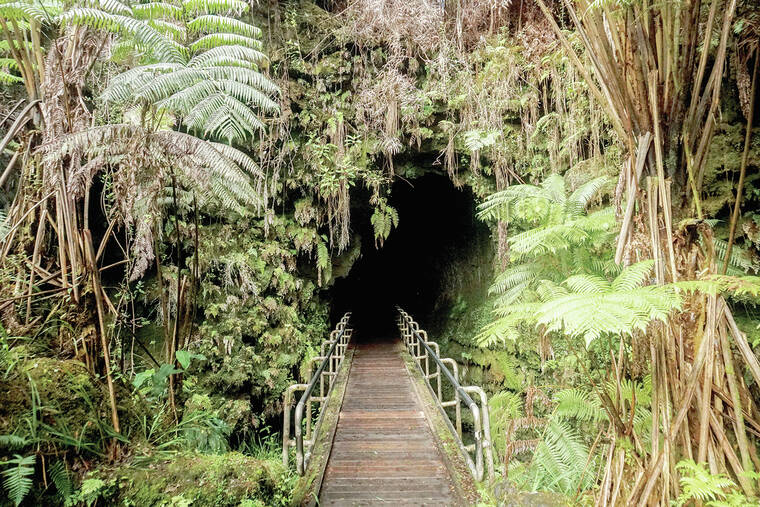
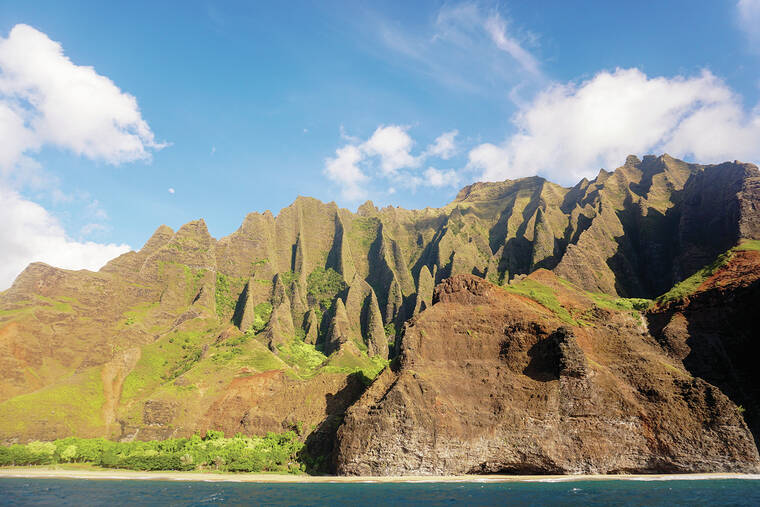
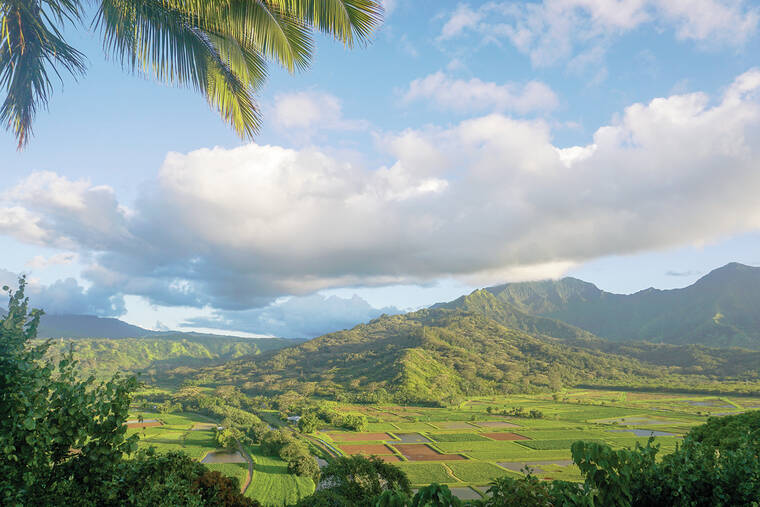
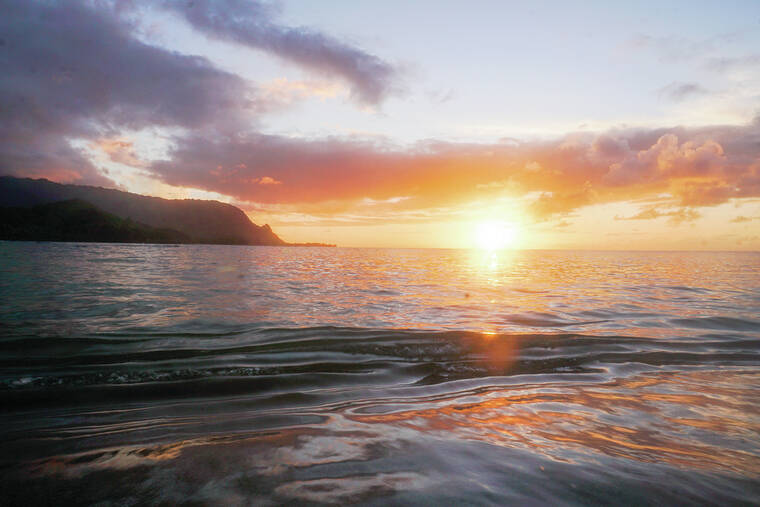
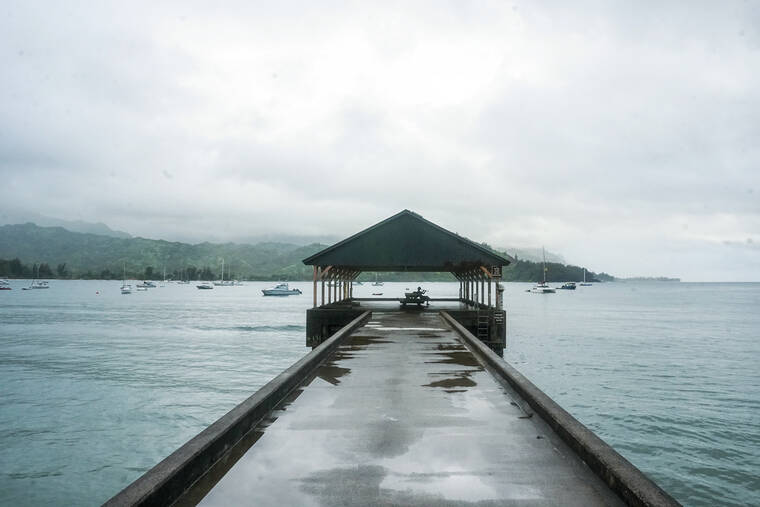
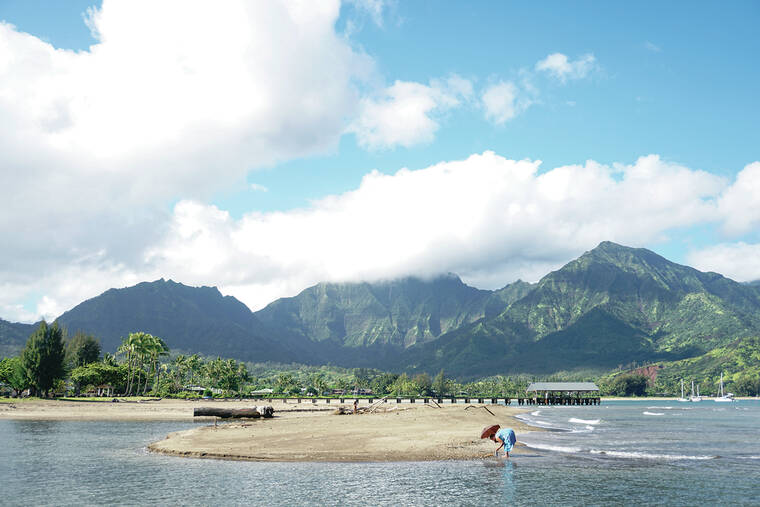





if Kauai really wants to support farmers- then we need to take action to allow ADU on Ag zoned lands- Kauai Farmers need an affordable place to live!!!